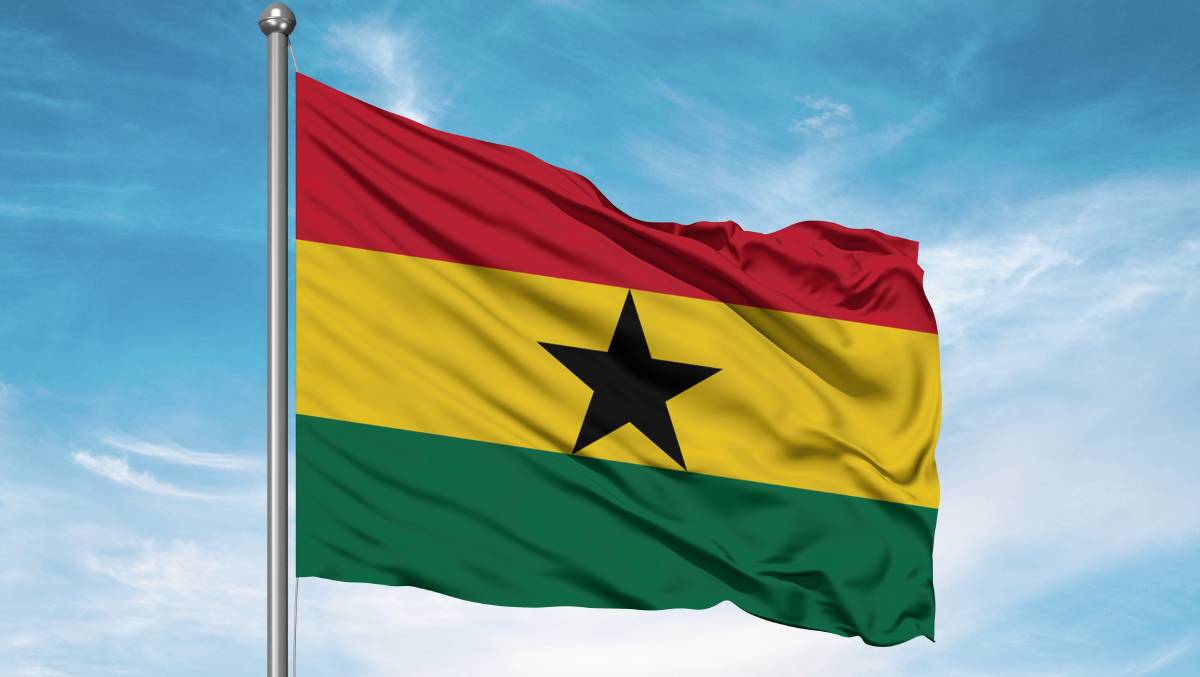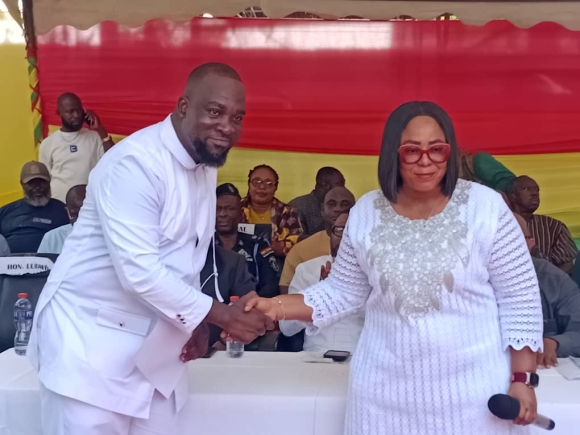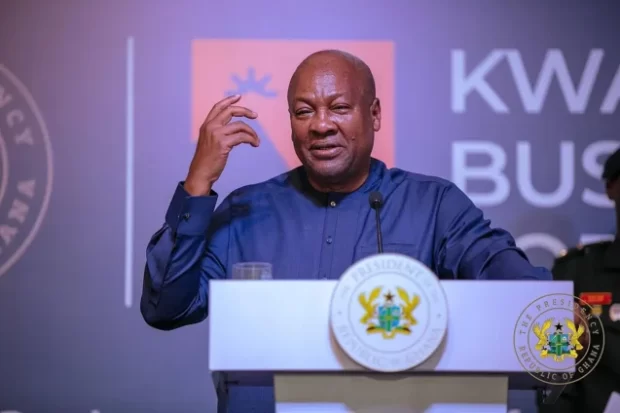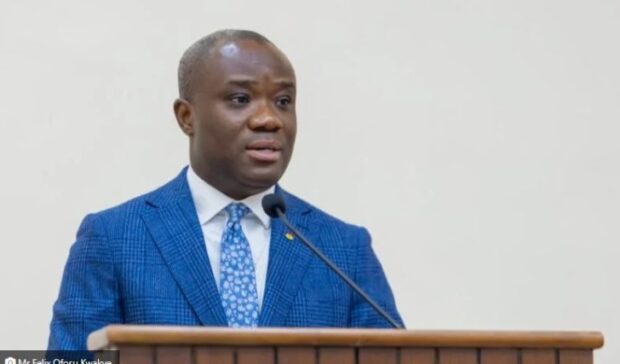
In a bold move echoing the policies of Burkina Faso’s President Ibrahim Traoré, Ghana has announced a significant shift in its mining sector. Effective May 1, 2025, the Ghanaian government will prohibit foreigners from trading or purchasing artisanally mined gold within the country. This decision marks a pivotal step in Ghana’s ongoing battle against illegal mining activities, commonly referred to as “galamsey,” and aims to reclaim control over its valuable natural resources.
Ghana’s New Mining Policy
The newly established Ghana Gold Board (GoldBod) will replace the previous licensing agency, the Precious Minerals Marketing Co. Under the new law signed by President John Dramani Mahama on April 2, only GoldBod will be authorized to buy, sell, assay, and export gold produced by licensed small-scale miners. Non-compliance with this regulation will result in criminal charges.
Finance Minister Dr. Cassiel Ato Forson emphasized that this move is designed to boost regulatory oversight, increase government revenue from gold exports, and address the environmental degradation caused by illegal mining.
The Galamsey Crisis
Illegal mining has long plagued Ghana, leading to severe environmental consequences. Rivers have been polluted with harmful chemicals like mercury and cyanide, forests decimated, and farmlands rendered barren. Despite numerous arrests and crackdowns, illegal miners often return to their sites, undeterred by the law.
Public outcry has intensified, with citizens demanding decisive action. In September 2024, protests erupted in the capital, Accra, calling for a ban on all small-scale mining operations, particularly in forest reserves and along key rivers.
Drawing Inspiration from Burkina Faso
Ghana’s recent policy shift mirrors the actions taken by Burkina Faso under President Ibrahim Traoré. In a strategic move to assert greater control over the country’s valuable mining sector, Burkina Faso’s military government has implemented reforms to reclaim foreign-owned mines, prioritizing national sovereignty over natural resources.
The government established the Société de Participation Minière du Burkina (SOPAMIB), a state mining company that has already taken control of two industrial gold mines previously owned by Endeavour Mining. These reforms aim to maximize gold revenues and revitalize an economy weakened by insecurity.
Regional Implications
Ghana’s decision is part of a broader trend in West Africa, where countries are reasserting control over their natural resources. Mali and Niger have also moved to increase state control over natural resources, reflecting a regional rejection of what many perceive as neo-colonial resource extraction patterns.
This shift could have significant implications for foreign investors and the global gold market. As countries prioritize national interests, foreign companies may face increased scrutiny and regulatory challenges.









Be the first to leave a comment